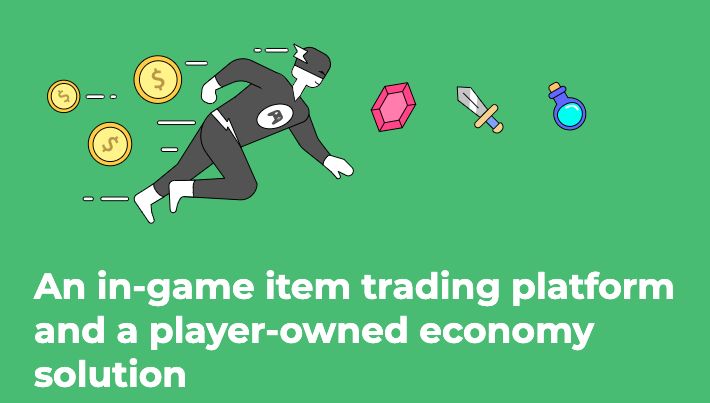260 reads
The Rise Of The Multiverse Economies And Social Interactions In Video Games
by
July 21st, 2020
Audio Presented by

Partner + Head of PR @ Zen Media (recently acquired: Sevans PR) ▪️ @entrepreneur ▪️ @hackernoon ▪️ @gritdaily
About Author
Partner + Head of PR @ Zen Media (recently acquired: Sevans PR) ▪️ @entrepreneur ▪️ @hackernoon ▪️ @gritdaily
